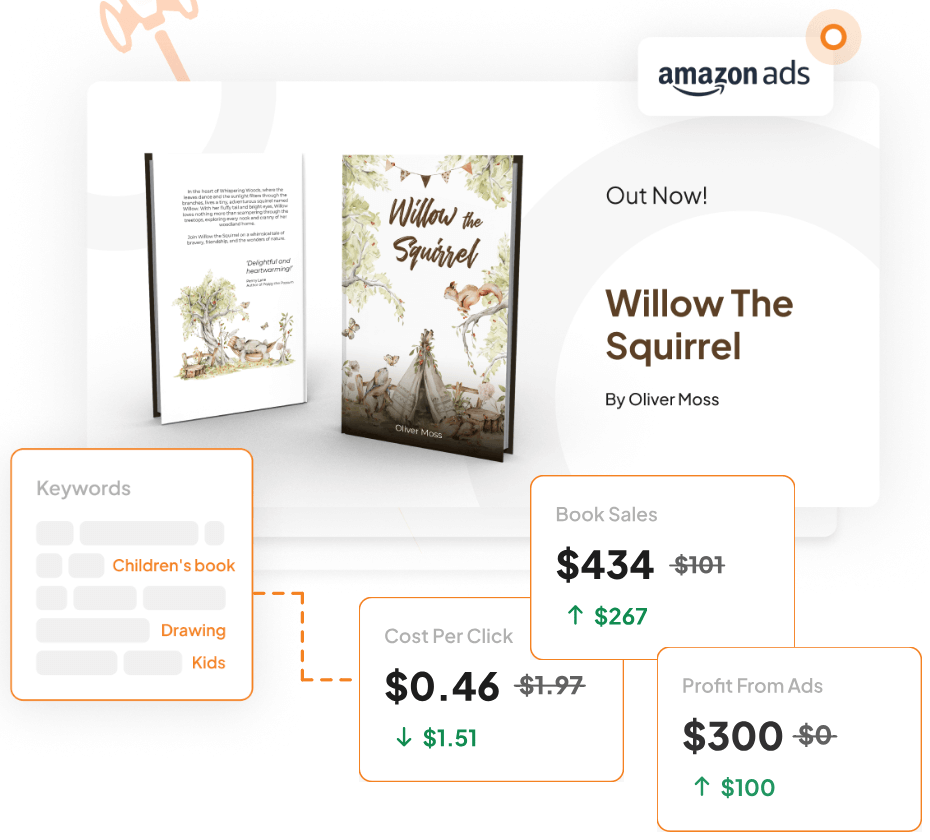Have you ever stared at a blank page, the cursor blinking like a tiny heartbeat, and felt an overwhelming sense of dread? You’re not alone. Many writers, from novices to seasoned professionals, experience writing anxiety.
It’s that nagging feeling of inadequacy, the fear that your words might not measure up. But fear not, for this journey is about transforming that anxiety into creative fuel. Let’s explore how understanding this phenomenon and embracing practical strategies can lead to a more fulfilling writing experience.
Understanding Writing Anxiety
Writing anxiety is a common hurdle for many. It’s not just about the act of writing but often about the potential judgment that follows. This apprehension can make even the most enthusiastic writer feel paralyzed. To tackle this, we need to delve into what writing anxiety truly entails.
Defining Writing Anxiety
Writing anxiety is the emotional turmoil that accompanies the writing process. It manifests as self-doubt, fear of failure, and sometimes even physical symptoms like a racing heart or sweaty palms.
These feelings are not unique to beginners; even acclaimed authors like Joan Didion have described writing as an activity fraught with anxiety. At its core, writing anxiety is less about the writing itself and more about the pressure of producing something worthy of admiration.
To overcome writing anxiety, start by acknowledging it. Recognize that it’s a normal part of the creative process. Give yourself permission to write poorly, knowing that editing will come later. This mindset shift can alleviate some of the pressure that contributes to anxiety.
Common Symptoms and Triggers
The symptoms of writing anxiety can be diverse, affecting writers differently. Common triggers include fear of judgment, perfectionism, and past negative experiences with writing.
These triggers can lead to procrastination, a common companion of writing anxiety, as the task at hand seems insurmountable. Understanding these triggers is the first step toward managing them effectively.
Identify your specific triggers by keeping a journal. Note when anxiety peaks and what circumstances surround those moments. Over time, patterns will emerge, providing insight into your unique anxiety profile. With this knowledge, you can develop targeted strategies to mitigate these triggers.

The Emotional Aspects of Writing
Writing is not just a mechanical task; it’s an emotional journey. The words we pen are often deeply intertwined with our identity, making the process both exhilarating and terrifying. Understanding the emotional landscape of writing can help us navigate its challenges more effectively.
Fear of Judgment and Criticism
One of the most pervasive fears in writing is the fear of judgment. Writers often worry about how their work will be perceived by others.
This fear can be so intense that it prevents them from writing altogether. However, it’s important to remember that criticism is a natural part of the creative process. Instead of fearing it, view feedback as an opportunity for growth and improvement.
The Impact of Perfectionism
Perfectionism is another significant emotional hurdle.
The desire to produce flawless work can be paralyzing, leading to endless revisions and a reluctance to share one’s writing. Yet, perfectionism can be reined in by setting realistic expectations and embracing the notion that first drafts are meant to be rough.
Feeling lost with your debut novel?
Fiverr Pro connects you with expert editors, designers, and marketers – everything you need to get your book ready for success!

Coping Strategies for Writers
Developing effective coping strategies is essential for overcoming writing anxiety. These strategies are not one-size-fits-all but a toolkit that writers can draw from based on their needs and circumstances.
1. Embrace the Process: Just Write
The most straightforward advice, yet often the hardest to follow, is to just write. Start with freewriting—jotting down whatever comes to mind without worrying about structure or grammar.
This technique helps bypass the inner critic and gets the creative juices flowing. Remember, the goal is progress, not perfection.

2. Break It Down: Manageable Goals
Large projects can feel daunting, leading to procrastination. Breaking them into smaller, manageable tasks can make the process feel more achievable. Set specific, short-term goals and celebrate each milestone reached. This approach not only reduces anxiety but also builds momentum.
| Task | Deadline | Status |
|---|---|---|
| Outline the article | Day 1 | Completed |
| Draft the introduction | Day 2 | In Progress |
| Revise the draft | Day 3 | Pending |
3. Find Your Support System
Writing doesn’t have to be a solitary endeavor. Joining a writing group or finding a writing buddy can provide valuable feedback and encouragement. These communities offer a space to share struggles and triumphs, reinforcing that you’re not alone in this journey.
Seek out writing workshops or online forums where you can connect with other writers. Engaging with a community can provide new perspectives and support, making the writing process less isolating and more enjoyable.
No marketing platform? No social following? No problem!
Publisher Rocket helps you market your debut novel like a pro.
It’s a gamechanger for debut authors – try it today!


4. Create a Comfortable Writing Environment
Your environment plays a crucial role in your ability to write effectively. Ensure your workspace is conducive to concentration—quiet, comfortable, and free of distractions. Personalize it with items that inspire creativity, like books, plants, or artwork.
5. Engage in Expressive Writing
Expressive writing involves exploring your thoughts and feelings on paper without concern for grammar or style. This practice can be therapeutic, helping to alleviate stress and clarify your thoughts. It’s a safe space to express emotions and ideas without fear of judgment.
6. Challenge Negative Thoughts
Our inner dialogue can significantly impact our writing experience. Challenge negative thoughts by reframing them positively. Instead of thinking, “I’m a terrible writer,” remind yourself, “I’m learning and improving with each word I write.”

Building Resilience as a Writer
Resilience is the armor that protects writers from the slings and arrows of writing anxiety. Building resilience involves recognizing your strengths and cultivating a positive mindset that encourages perseverance even in the face of setbacks.
Recognizing Your Strengths
Every writer has unique strengths. Whether it’s a knack for storytelling, a rich vocabulary, or a keen eye for detail, recognizing and leveraging these strengths can boost confidence and reduce anxiety. Make a list of your writing strengths and refer to it whenever self-doubt creeps in.
Cultivating a Positive Mindset
A positive mindset is crucial for overcoming writing anxiety. Embrace a growth mindset, which views challenges as learning opportunities rather than insurmountable obstacles. Celebrate your progress, no matter how small, and remain open to new experiences and ideas.
Google Docs is for notes. Scrivener is for novels. Upgrade your writing game and try it for free today!

Creating a Community of Support
Writing doesn’t have to be a lonely pursuit. Building a supportive community can provide encouragement, accountability, and fresh perspectives. Whether through formal writing groups or informal gatherings, sharing your journey with others can make all the difference.
Joining Writing Groups
Writing groups offer a structured environment for feedback and support. They provide opportunities to share work, receive constructive criticism, and connect with fellow writers. These groups can be found locally or online, catering to various genres and interests.
Sharing Experiences and Strategies
Sharing your writing journey with others fosters a sense of camaraderie and mutual support.
By exchanging experiences and strategies, writers can learn from one another and find comfort in shared challenges. This exchange not only improves writing skills but also strengthens the writing community as a whole.
Final Thoughts: Your Writing Journey Awaits
Writing is a journey filled with twists and turns, but it’s also a path to discovery and self-expression. By understanding writing anxiety and implementing effective coping strategies for writers, you can transform fear into inspiration.
Remember, every writer faces challenges, but you can conquer them with perseverance and the right tools. Your writing journey awaits—embrace it with courage and creativity.








